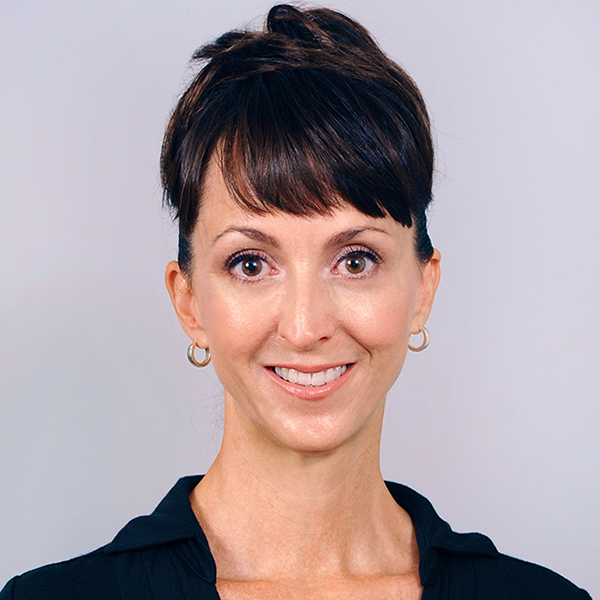Before joining Arizona State University, Nicole Darnall was an associate professor of management and public policy at George Mason University and an assistant professor of public administration at North Carolina State University. For almost two decades, Dr. Darnall has been examining firms' responses to sustainability in regulatory and social settings. Her research investigates the reasons why companies follow sustainability strategies, whether these strategies improve the environment, and whether companies that improve the natural environment also derive business value. More recently, she assesses consumer demand for corporate green strategies and how this demand might be influenced through public policy or business initiatives. To find out more about Dr. Darnall, you can read her commentary on the 2012 Greendex survey findings that assert Americans are the least green and feel the least guilt about it.
1. Can you describe when you first became interested in sustainability?
My interest in sustainability has roots in my childhood. I grew up on a small farm. Caring for our animals, orchard, and garden provided me significant grounding in the practical aspects of natural systems. When I began my college education, this grounding became formalized in theoretical social science frameworks that now guide my research.
2. What made you want to combine sustainability with social sciences?
Across the world, we are challenged in finding a single government that is successful at creating sustainable societies. This situation raises concerns that public policy alone may not be able to create the necessary incentives to promote sustainability. Similarly, while some businesses are voluntarily advancing sustainability, the actions of private businesses will likely not be sufficient in addressing the magnitude of our global sustainability issues. The complexity of this situation has persuaded me to explore intersections between public policy and business management. My belief is that sustainability solutions will become more apparent if these two spheres—public policy and business—are considered together.
3. What made you want to become a professor?
Two experiences made me want to become a professor. The first occurred during my master's program in economics. I was working with a team of professors doing research on environmentally conscious manufacturing. When I had the opportunity to write a paper about our work, I found the process intellectually invigorating. This experience helped me realize that I wanted to pursue a research career. The second experience that guided me came when I was pursuing my Ph.D. I had the privilege of working with undergraduate students as they developed their undergraduate theses. I had a lot of fun mentoring these students and helping them achieve their educational goals. Combined, these experiences made me want to become a professor.
4. What is your favorite part about teaching sustainability to students?
My favorite part of teaching is seeing my students take the principles they learn in my classroom and use them to advance sustainability objectives in practice.
5. How will your teaching affect the future paths of ASU's sustainability students?
Students in my undergraduate and master's classes learn about what a sustainable organization looks like, how to assess an organization's sustainability activities, and how to encourage organizations to operate more sustainably. With this knowledge, they have gone on to become sustainability managers for universities and businesses, environmental consultants, and government sustainability specialists. Students in my Ph.D. class learn how to operationalize their sustainability ideas into executable research studies and scholarly papers.
6. What research projects are you currently working on?
Until recently, my research focused on the supply side of corporate sustainability strategy. However, a couple of years ago, I had the opportunity to collaborate with U.K. researchers to examine the demand side of corporate sustainability. More specifically, I began to assess the non-economic reasons why consumers purchase "green" products, and the policy tools that can be used to influence green purchasing decisions. Most of my research in this area has applied to consumer use of eco-labels. In the future, I hope to expand this research to consider other aspects of consumer green purchasing behaviors.
7. What is the global sustainability challenge that concerns you the most?
The sustainability challenge that concerns me the most is that if every company in the world adhered to U.S. environmental standards, we would not have a sustainable society. Most natural systems are in decline, and our regulatory systems are not evolving in ways that will address these problems sufficiently. Assuming this path does not change, novel governance systems will need to emerge to fill the regulatory void.
8. Finally, what does the word "sustainability" mean to you?
Personally, "sustainability" means being part of a broader community–both socially and ecologically–and making choices that take into account the impact of my decisions to this community.
